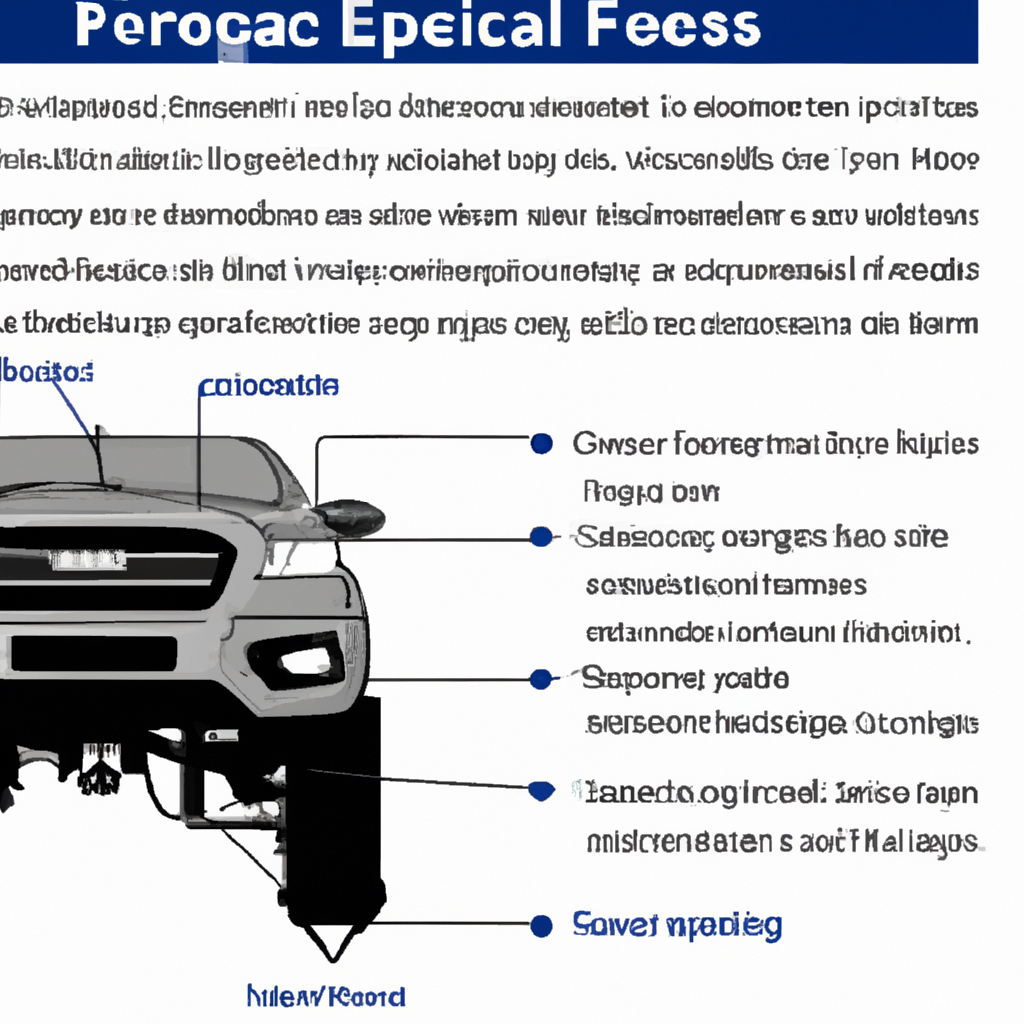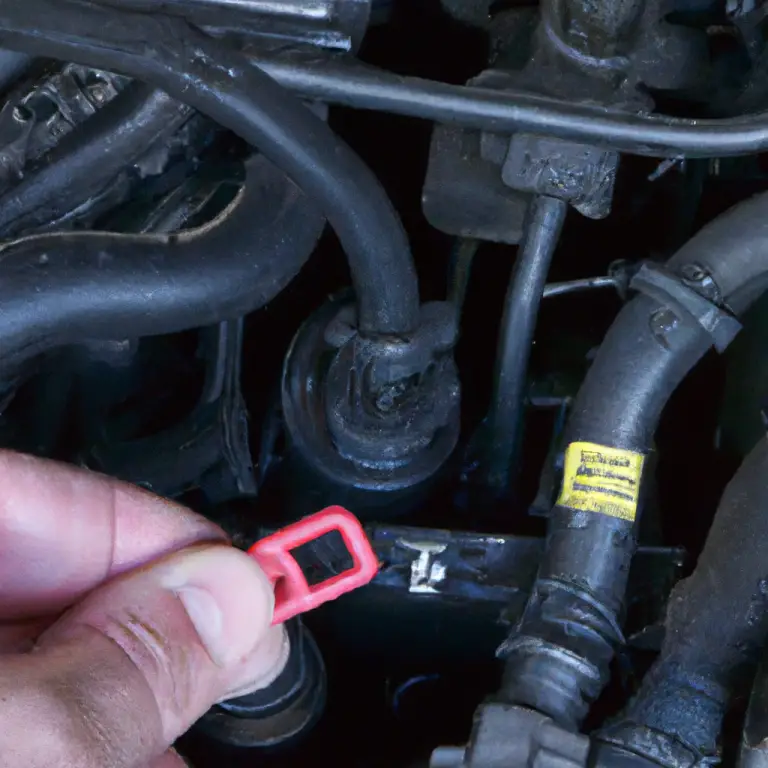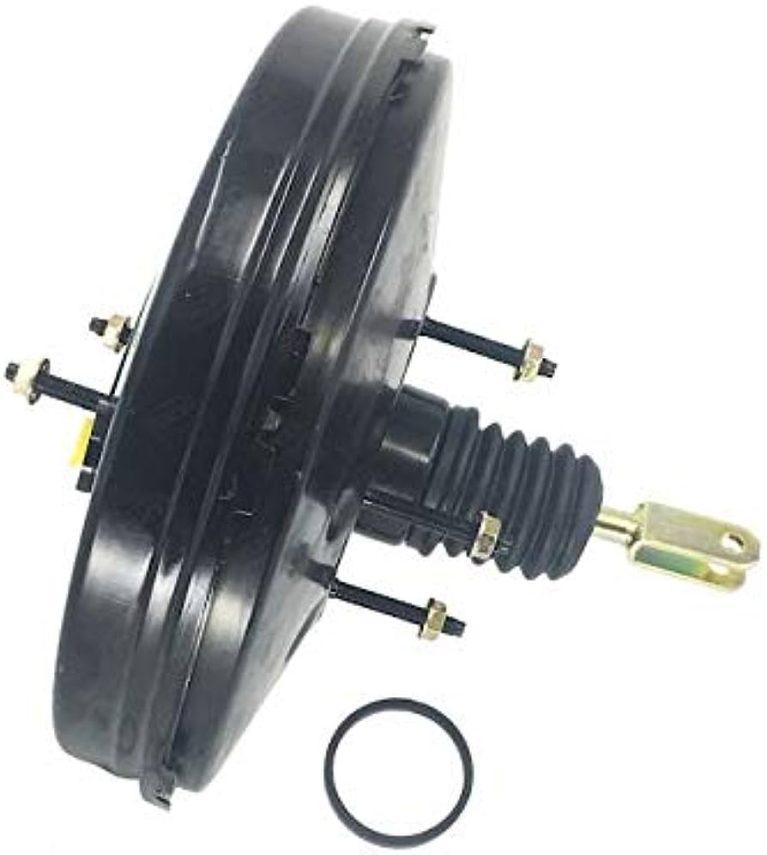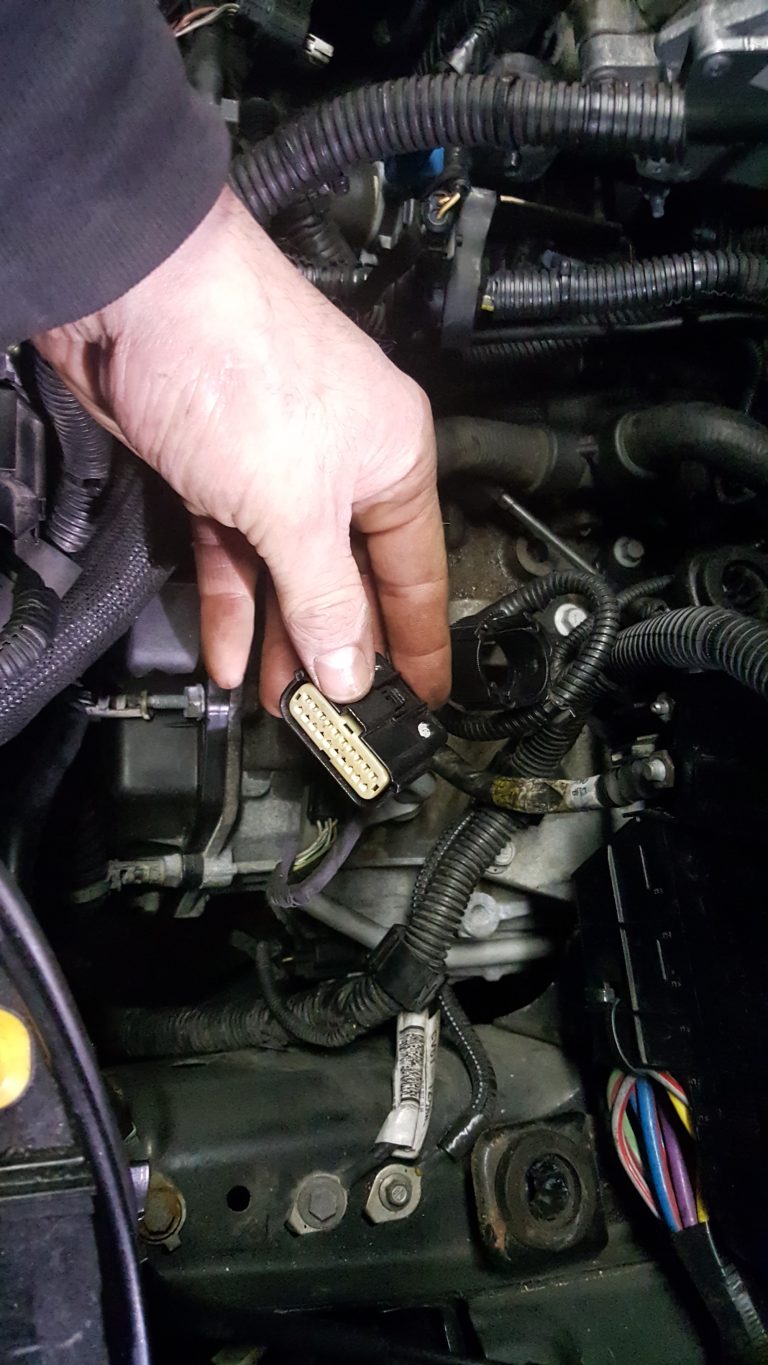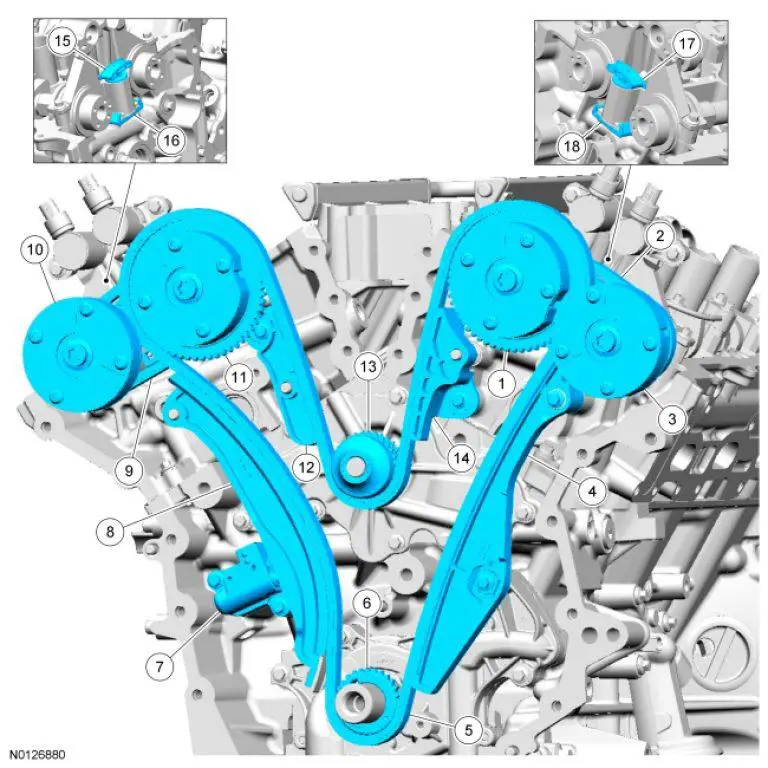2013 Ford Escape Oil Leak Recall
Last Updated on by Axle McRoad
In an attempt to bring to the forefront an issue critical to the safety and performance of Ford Escape 2013 model, this article sheds light on the oil leak recall associated with this specific model. It aims to serve as an invaluable resource to Ford owners, DIY enthusiasts, mechanics, and anyone invested in Ford’s maintenance regime. The focus is not only on providing insights into the mechanics of the repair process but also on the root cause of the oil leak issue and broader implications for vehicle longevity and safety. With streamlined content designed for easy readability, in-depth analysis embellished by relevant imagery, and an informative yet engaging tone, this article will enrich your knowledge and support your journey as a Ford owner or professional.

Background of 2013 Ford Escape Oil Leak Recall
Origination of the Problem
The oil leak problem began with design oversights for the 1.6-liter four-cylinder engines installed in certain 2013 Ford Escape models. The issue surfaced when engine oil began leaking from cracked cylinder heads caused by overheating engines.
Identification of the Issue by Ford
The Ford Motor Company identified the problem after receiving customer reports and through routine checks of the vehicles. The company performed internal checks and confirmed that there was indeed a widespread oil leakage issue relating to the 2013 Ford Escape model.
Initial Response to the Problem
Upon confirming the problem, Ford’s initial response was to launch an internal investigation to determine the source of the issue and decide on appropriate action. The company indicated its commitment to safety and providing quality products for customers.
Details of the Oil Leak Problem
Specific Part Affected by the Leak
The specific part affected by the oil leak was the cylinder head of the 1.6L four-cylinder engine. Overheating and consequent cracking allowed the oil to leak from this area.
Potential Dangers of the Oil Leak
Extensive oil leaks may cause critical engine damage. The released oil could potentially cause a fire if it came into contact with hot engine parts or surfaces, posing a significant safety hazard.
Signs of the Oil Leak in 2013 Ford Escape
Typical signs of an oil leak in the 2013 Ford Escape may include an illuminated oil warning light on the dashboard, oil stains on the ground under the parked vehicle, or a notable decrease in oil levels checked through the dipstick.
Announcement of the Recall
Date of recall announcement
Ford announced the official recall for the 2013 Ford Escape in March 2013, following a proactive internal review and several customer reports of problems.
Method of Communication to Customers
Ford utilized several communication channels to inform affected customers about the recall. They sent out letters by mail, posted notices on their official website, and disseminated the information through authorized dealerships.
Coverage of the Recall
The recall covered all 2013 Ford Escape models equipped with 1.6L four-cylinder engines that potentially exhibited the cylinder head cracking and subsequent oil leak issue.
Impacted Models
Identification of Specific 2013 Ford Escape Models Affected
The recall specifically related to the 2013 models of Ford Escape SUVs with the 1.6-liter four-cylinder engines. It did not extend to models with other engine types or models from other years.
Estimated Number of Vehicles Involved
Ford estimated approximately 230,000 vehicles globally were potentially affected by the issue, warranting a substantial recall effort.
Geographic Spread of the recall
The recall had a broad geographic spread covering Ford Escape models across the United States, Canada, and Mexico and extended to some European countries where these particular models were sold.
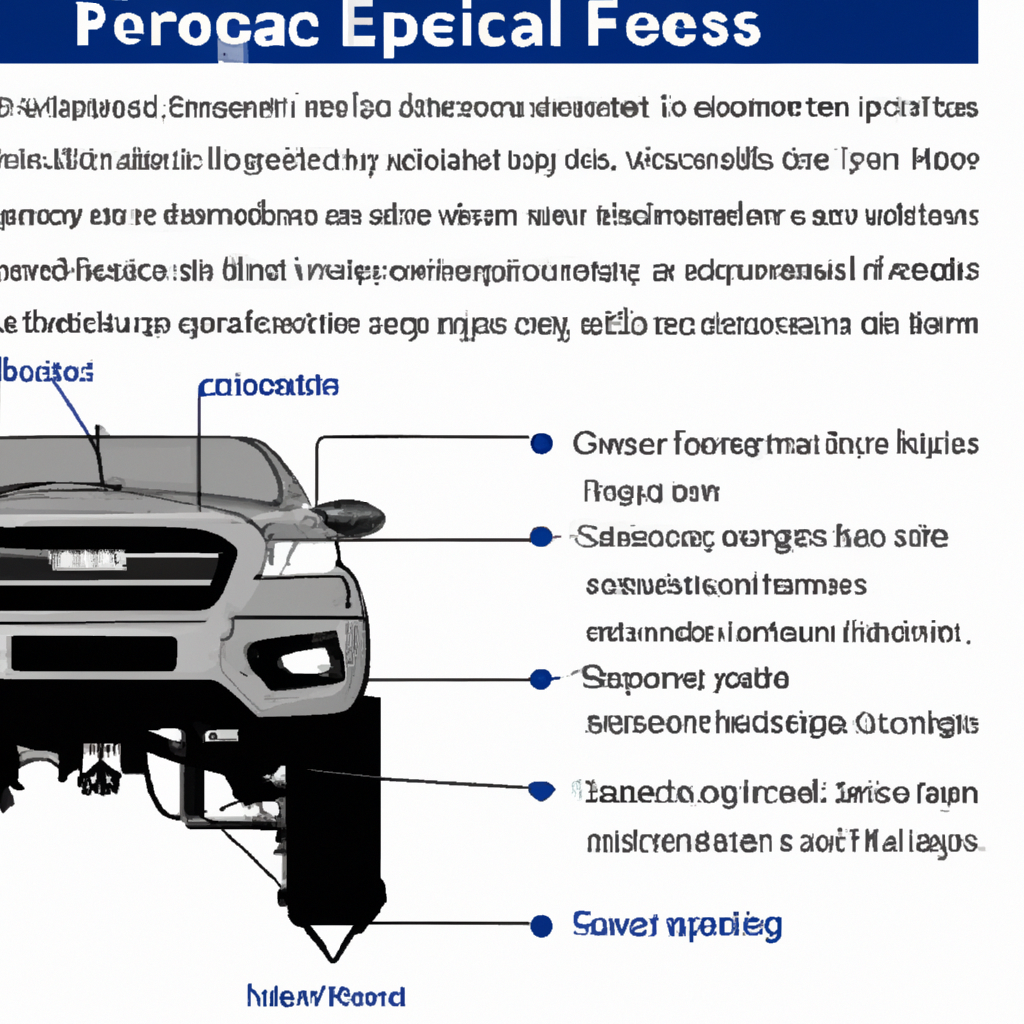
Instructions Provided in the Recall
Recommendations for Immediate Action by Ford Owners
Ford advised the concerned vehicle owners to connect with the nearest Ford dealership or authorized service center at their earliest convenience to schedule a time for the necessary repairs.
Actions Outlined for Mechanics
Ford issued clear guidelines to the repair centers and mechanics to inspect the oil levels and any visible oil leakage or cracking in the cylinder heads. In case of any such issues, the instructions entailed a detailed repair process.
Contact Information for Any Queries
Ford provided its customer service contact information for further queries, assuring owners they will handle all concerns and enquiries seriously and promptly.
Process for Repair under the Recall
Process of Setting Up the Repair Appointment
Ford owners could call their nearest authorized dealership to set up an appointment date and time for the repair.
Scope of the Repair
The repair included checking for the oil leak, rectifying the issue, and replacing the cylinder head if necessary.
Duration of Repair Process and Any Associated Costs
The repair process duration varied depending on the severity of the oil leak. However, all recall-related repairs were carried out free of cost, reflecting Ford’s commitment to customer safety and satisfaction.
How Ford Handled the Recall
Feedback from customers about the Recall
The response from customers was largely appreciative of Ford’s proactive approach to addressing and resolving the issue free of cost.
Action Taken to Prevent Similar Issues in Future Models
Ford noted the issue and promised to take necessary action to prevent similar issues in future models. The company reassured their customers of continuing refinement in their design and production processes.
Response from Ford’s Executive Management
Ford’s management expressed regret for any inconvenience caused and underlined their commitment to customer safety, satisfaction and delivering quality products.
Impact of the Recall on Ford’s Reputation
Immediate Public Response
Immediate public response to the recall was mixed with some expressing concern about Ford’s quality control, while others appreciated the company’s transparency and immediate action.
Long-Term Impact on Brand Image
The long-term impact was minor, largely due to Ford’s proactive approach, transparent communication and free-of-charge rectification of the issue.
Changes in Sales Numbers Post-Recall
There was a minor dip in the sales numbers immediately after the recall, but it returned to normal levels as Ford effectively managed the recall, reinforcing the trust in their brand.
Advice for Owners of 2013 Ford Escape
Routine Checks to Detect Oil Leak
Owners of the 2013 Ford Escape should perform routine engine checks, specifically looking for signs of oil leaks or drops in oil levels.
Precautions to Avoid Any Danger
Should an oil warning light illuminate on the dashboard, owners should stop the vehicle at the earliest safe possibility and avoid driving the vehicle further before getting it checked.
Guidance for Future Similar Occurrences
In cases of future recalls, owners are advised to respond swiftly to the recall notifications and ensure their vehicle obtains the necessary repair or replacement parts.
FAQs about 2013 Ford Escape Oil Leak Recall
Most common queries from Ford owners
Common queries included inquiries on the risk of potential danger, actions to be taken, and whether there would be any costs involved.
In-depth response to these queries
Ford provided detailed responses to these queries, assuring owners of the company’s commitment to resolving the issue swiftly and at no cost to them.
Contact Information for further Assistance
Owners could contact Ford’s customer service directly for further queries and assistance related to the oil leak recall.

